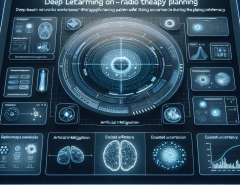Authors: Junhong Shen, Neil Tenenholtz, James Brian Hall, David Alvarez-Melis, Nicolo Fusi
Published on: February 06, 2024
Impact Score: 8.38
Arxiv code: Arxiv:2402.05140
Summary
- What is new: Introduction of a model-agnostic framework using custom input tags for repurposing general Large Language Models (LLMs) in specialized domains.
- Why this is important: The limited ability of general LLMs to effectively solve tasks in highly specialized domains due to underrepresentation in their pretraining data.
- What the research proposes: A novel framework that introduces domain and function tags appended to the LLM’s embedding layer, enabling the model to understand and generate specialized content.
- Results: Enhanced performance of LLMs in specialized tasks, such as predicting molecular properties and modeling drug-target interactions, surpassing domain-specific expert models.
Technical Details
Technological frameworks used: Model-agnostic framework for learning custom input tags
Models used: Large Language Models (LLMs)
Data used: Auxiliary data and domain knowledge for training custom input tags
Potential Impact
Biomedical, chemical industries, and companies focusing on AI-driven solutions for specialized domains could greatly benefit. Traditional domain-specific modeling approaches might be challenged.
Want to implement this idea in a business?
We have generated a startup concept here: DomainBoost.



Leave a Reply